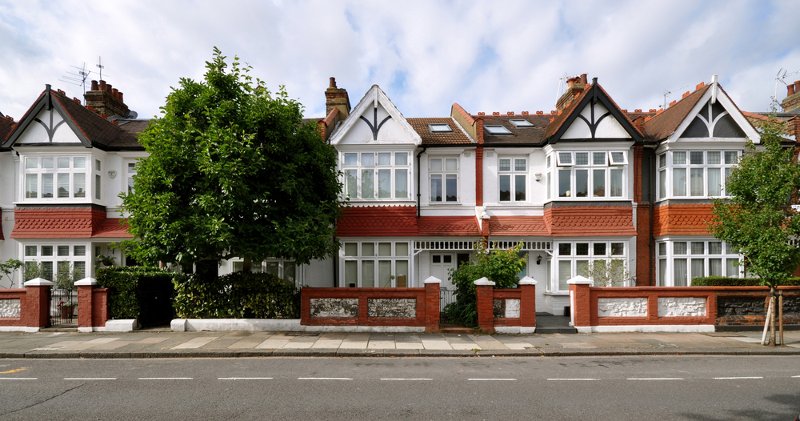Those involved in the creation of the FME1 form are urging all conveyancers to use this new standardised questionnaire to secure the necessary information if a property being sold is managed freehold.

Over 14cross-industry trade and representative bodies, including the Conveyancing Association (CA), trade body for the conveyancing industry, have come together to create and endorse a Freehold Management Enquiries (FME1) form.
Those involved in the creation of the FME1 form are urging all conveyancers to use this new standardised questionnaire to secure the necessary information if a property being sold is managed freehold.
This is where a freehold property has a shared amenity requiring a maintenance either through an estate rent charge or covenants set out in the title.
Beth Rudolf, director of delivery at the Conveyancing Association, said: “With the government now banning leasehold houses, we believe this is likely to mean a move to more managed freehold schemes with owners who have shared access ways, gardens and amenities.
“It is therefore vitally important that any prospective purchaser has all the information they require around the nature of their responsibilities, service charges, what this covers, insurances, how disputes are handled, etc, so they are in full possession of all the facts and to ensure there are no surprises for anyone.
“This new FME1 form – created by an industry working together and endorsed by a large number of organisations and trade bodies – is comprehensive and includes a series of standardised questions which will make the whole process that much easier, quicker and more efficient.
“It is a conveyancer’s role to collate all the relevant information to be able to inform the buyer and their lender of matters which might affect the security or intended use and enjoyment of the property, and we would therefore urge all our member firms to use this new FME1.
“The LPE1 form has been a major success and we anticipate that the FME1 form can achieve the same results.
“This type of collaboration shows the industry can work together and we can achieve some significant milestones and steps forward.
“We would all like to thank those that have contributed to this piece of work, and believe it will soon become a standard part of the process when purchasing a managed freehold property.”
The information required by the FME1 would come from the rent charge owner, the management company, the managing agent or any appointed representative of them.
And it would provide greater certainty around the provision of the information required to ensure the conveyancing process can progress.
Use of the new FME1 form will ensure that prospective purchasers have full details of any contribution required, who organises the maintenance arrangements for the shared areas/amenities, likely increases to these amounts, and who owes what.
Currently, each conveyancing firm raises their own preferred questions in such cases which the group believes can create confusion and extra work, especially where the seller’s conveyancer does not ask all of the questions required by the buyer’s conveyancer.
The new FME1 form has been based on the updated Leasehold Property Enquiries (LPE1) which was also amended by a cross-industry group and is now used in over 70% of all such transactions.
Organisations which have collaborated, fed into the creation of the FME1 form, and approve the LPE1 include: ARHM, ARLA, ARMA, the British Property Federation, the CA, the Homeowners Alliance, CILEx, IRPM and the Law Society.
Others involved include the Leaseholder Association, NAEA, RICS, RTMF and the society of Licensed Conveyancers.
This group of organisations and trade bodies will enter into a memorandum of understanding so that they jointly hold the copyright, with the form both freely available and available for free, to those who wish to use it but without the ability to alter the questions or format.
Regular reviews of the form’s contents will take place to ensure it remains current.
Paula Higgins, chief executive of the HomeOwners Alliance, added: “We fully support the introduction of this new form. It will help future buyers of newly-built freehold properties to understand in advance their responsibilities for shared areas, including communal open spaces, roads and play areas.
“It will also clarify details of payments, such as service/estate or maintenance charges, for these shared spaces. Being the owner of a freehold property on a newly-built estate is an emerging form of tenure and people are very often not fully aware of all their obligations.”



